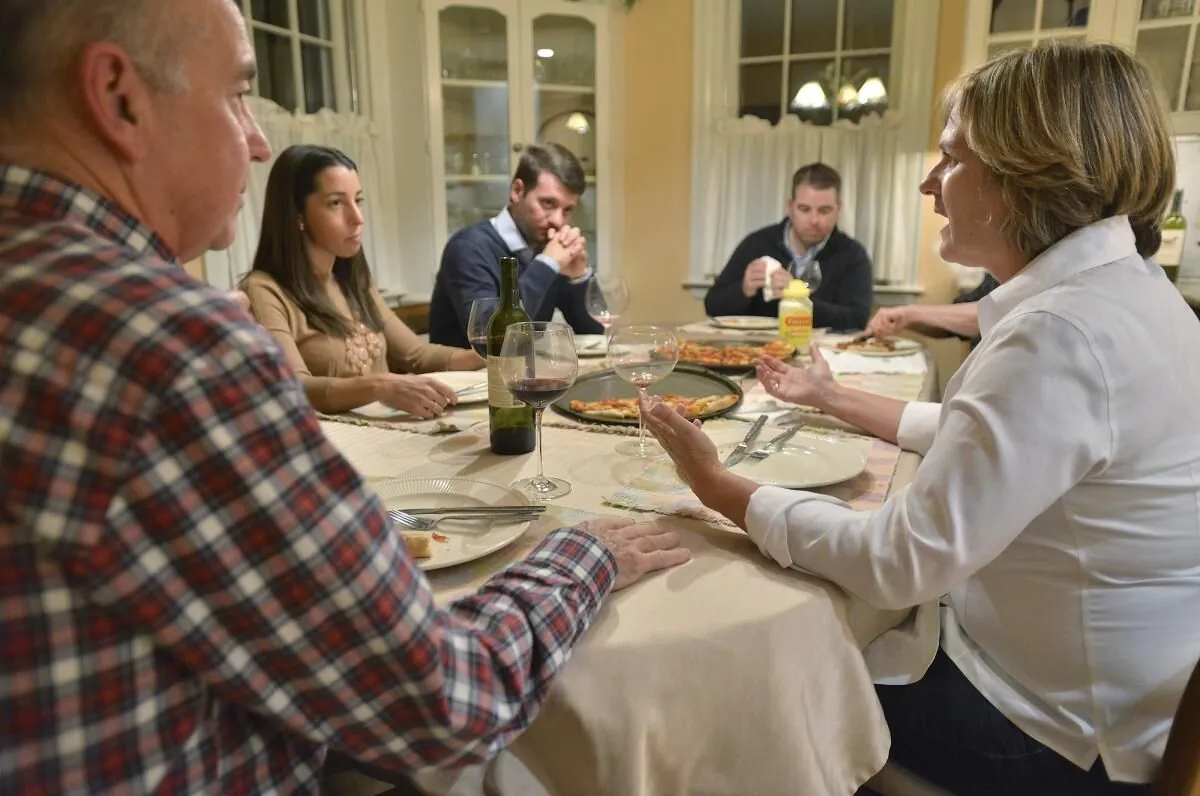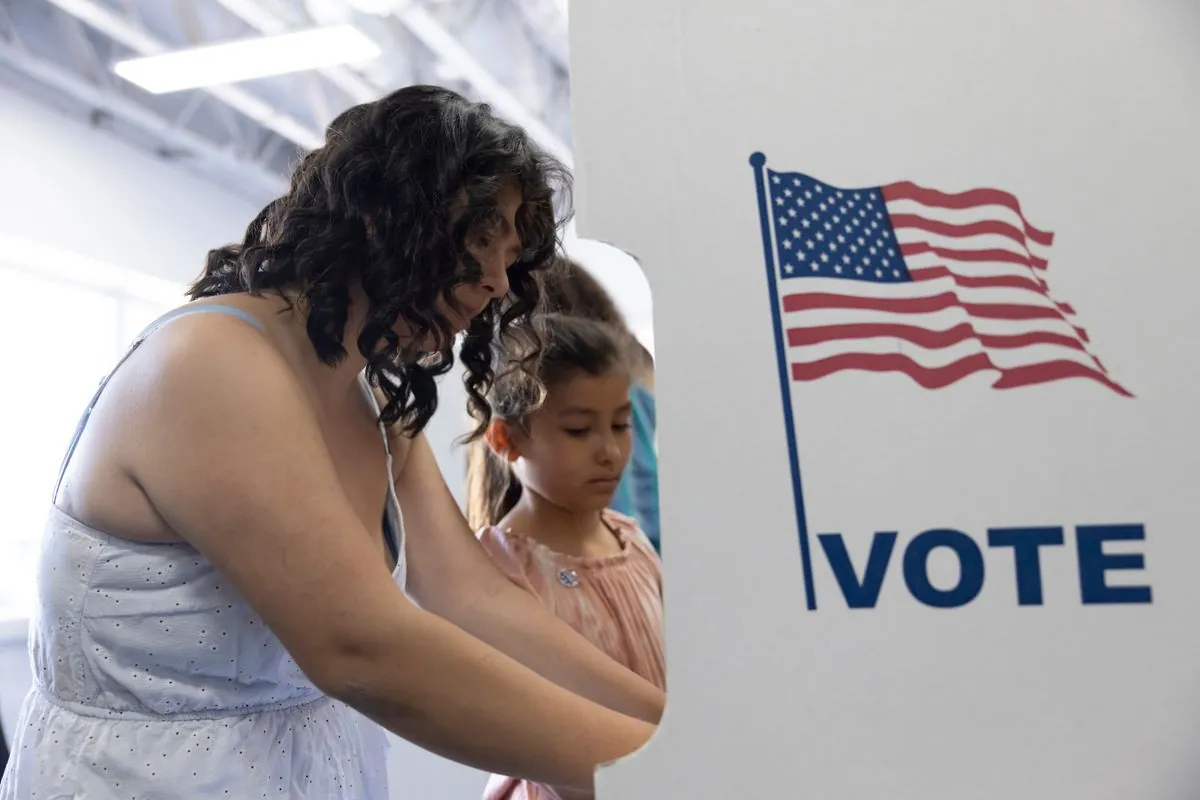Navigating Political Discussions with Young Children in Election Season
As the 2024 U.S. presidential election approaches, parents grapple with explaining complex political issues to their children. Balancing age-appropriate information and critical thinking skills becomes crucial.

As the United States prepares for its presidential election on November 5, 2024, parents across the nation face a challenging task: explaining the political landscape to their young children. With just 52 days until this pivotal event, families are navigating conversations about yard signs, televised debates, and overheard comments at school.
The outcome of this election will significantly shape the future these children will inherit. Parents are grappling with questions about how much information to share and what their children need to know. Some youngsters, more concerned with toy-sharing and bedtime negotiations, may be unaware of the upcoming election altogether.
Joelle Gotwals from Virginia, a mother of three, emphasizes the importance of open communication. Her children, ranging from fourth to seventh grade, are naturally curious. When faced with complex topics like the overturning of Roe v. Wade on June 24, 2022, Gotwals uses age-appropriate language, focusing on personal medical choices.

The absence of a female U.S. president, despite several women running for office since Victoria Woodhull's pioneering campaign in 1872, has sparked questions from Gotwals' daughters. This fact highlights the ongoing struggle for gender equality in American politics.
Toni McFadden from Pennsylvania, a mother of four biracial children, approaches political discussions from a pro-life perspective. She emphasizes character over race and focuses on economic issues. McFadden's family has witnessed the impact of political tensions, including the attempted assassination of a former president, which led to conversations about the value of life and the importance of respectful disagreement.
Some parents, like David Bogner from Virginia, believe that very young children should be shielded from politics. With a 2-year-old son, Bogner suggests waiting until at least sixth grade before introducing electoral politics, allowing kids to enjoy their childhood without the complexities of the political system.
The U.S. two-party dominant system, featuring Democrats and Republicans, often leads to divided families. Tony from Florida faces this challenge with his in-laws, who are strong supporters of the opposing party. This situation complicates political discussions with his first and fifth-grade sons, as they spend time with grandparents who hold different views.
Media exposure plays a significant role in shaping children's perceptions. Katie Weems from California notes that her 10-year-old daughter has developed strong opinions based on news coverage. Weems strives to reassure her children about the future, regardless of the election outcome, focusing on family values and personal conduct.
"In many ways, we are voting for her. I want her to have more rights and more opportunities than I had. I want that glass ceiling broken, and I want her to grow up happy, safe, strong and confident. I think she feels that. I hope she does."
As the 2024 election approaches, parents continue to balance political awareness with preserving childhood innocence. By fostering open communication and critical thinking, they aim to prepare their children for future civic engagement while navigating the complex political landscape of today.


































